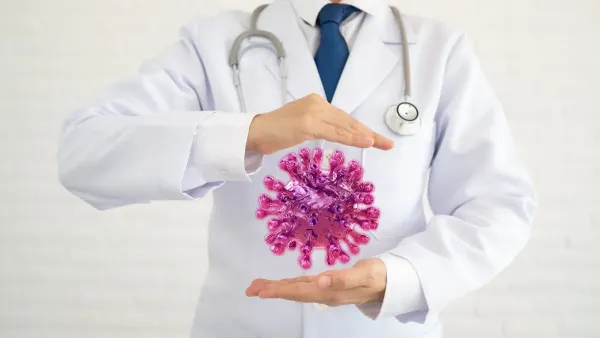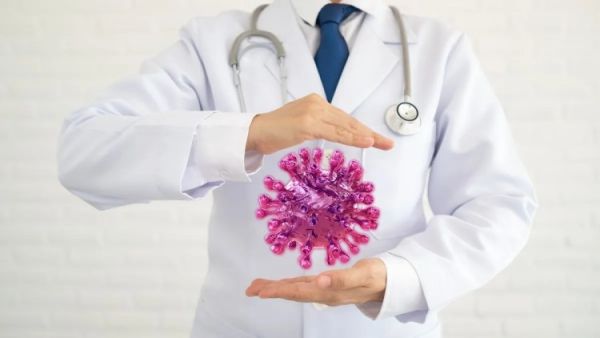
The three-month-old and eight-month-old children involved in recent human metapneumovirus (HMPV) infections in Karnataka, India, are both doing well. The 3-month-old has already been released from the hospital. This is consistent with the body of medical research that indicates HMPV usually results in minor disease in the majority of individuals. However, some vulnerable groups—such as children under five, seniors over 60, and those with weakened immune systems—are more at danger from it.

HMPV may cause serious respiratory problems, including pneumonia and bronchitis, in these high-risk individuals, who may need oxygen treatment. Dr. Vikas Mittal, the director and pulmonologist of Delhi’s CK Birla Hospital, spoke with Jagran English about the continuing crisis in China and the efficacy of medications against HMPV.
Many patients, including those in high-risk categories, often recover well with supportive care, claims Dr. Vikas Mittal. Compared to other respiratory viruses, HMPV is less concerning because of its still low case fatality rate. However, as there is currently little information available on the severity and infectivity of the HMPV strain that is circulating in China, ongoing surveillance is essential to determining its virulence and transmissibility.
There isn’t a particular antiviral medication or vaccination for HMPV at the moment. Since antibiotics primarily treat bacterial infections, they are useless against this virus. The mainstay of treatment for HMPV is symptom control via supportive care. For symptomatic alleviation, mild instances often call for rest, fluids, and over-the-counter drugs.
Hospitalization may be required in more severe instances, especially those involving pneumonia or bronchitis. When necessary, supportive treatments such as intravenous fluids, oxygen augmentation, and respiratory assistance may be given. According to Dr. Mittal, antibiotics are only recommended in cases when the viral sickness is accompanied by a subsequent bacterial infection.
Dr. Vikas Mittal concluded by stressing that preventative measures like wearing masks, practicing good hygiene, and adhering to respiratory etiquette are essential to lowering transmission since there are currently no particular antiviral drugs. Ongoing study and observation will be crucial to comprehending the behavior of the present strain and creating focused therapies when more information about its features comes from China. With the right supportive treatment and surveillance, HMPV’s overall risk level may be controlled even if it can cause serious disease in high-risk populations. To fill up knowledge gaps on its changing stresses, further study and vigilance are required.